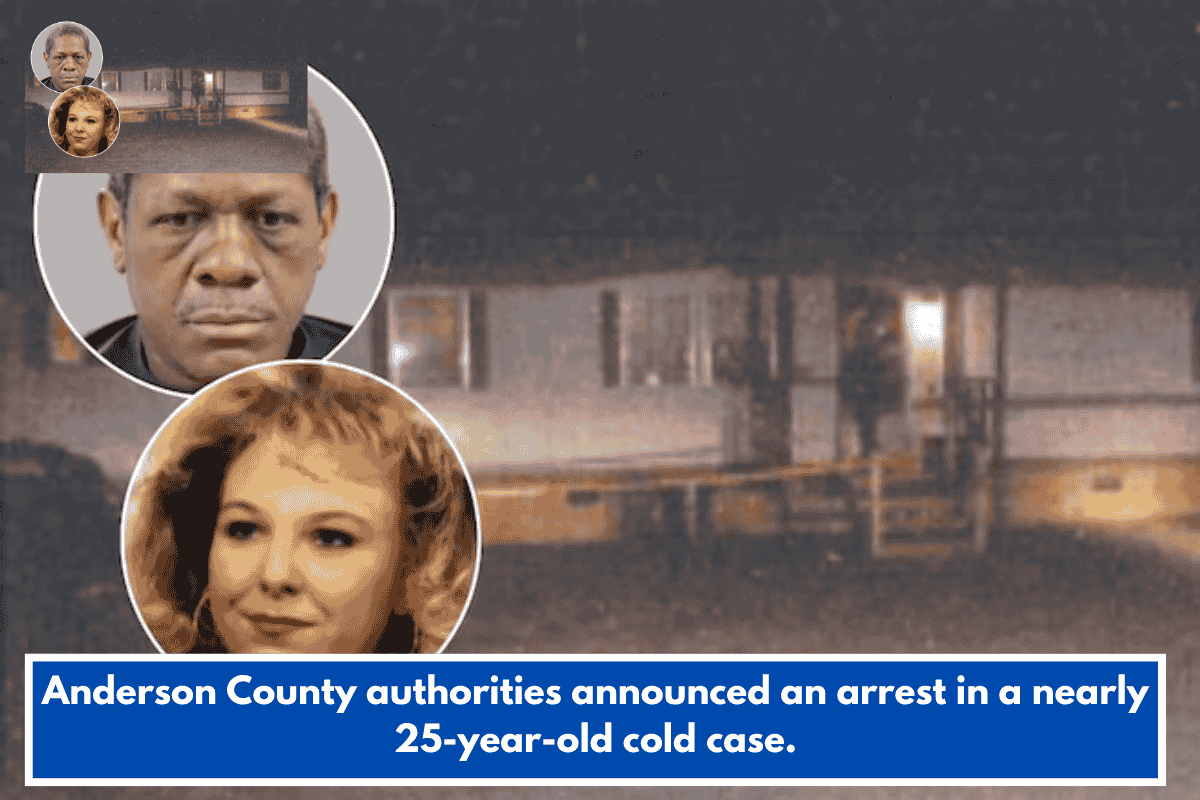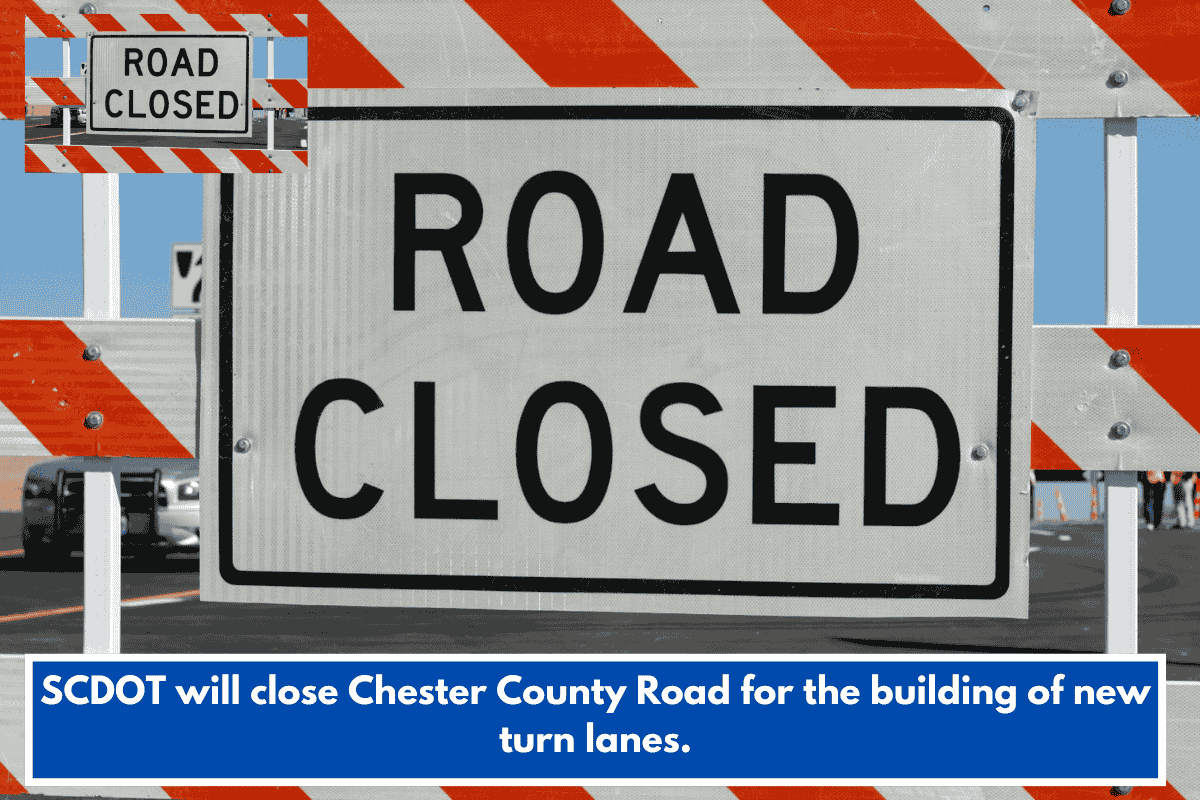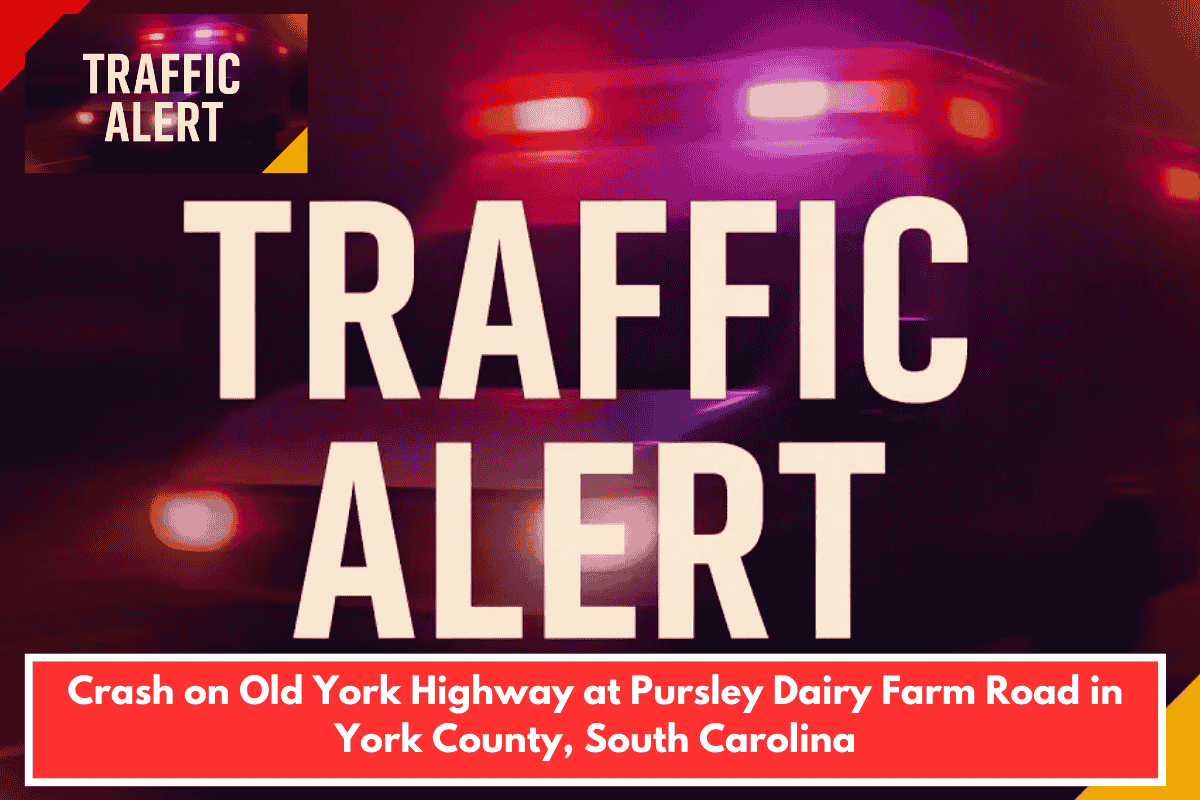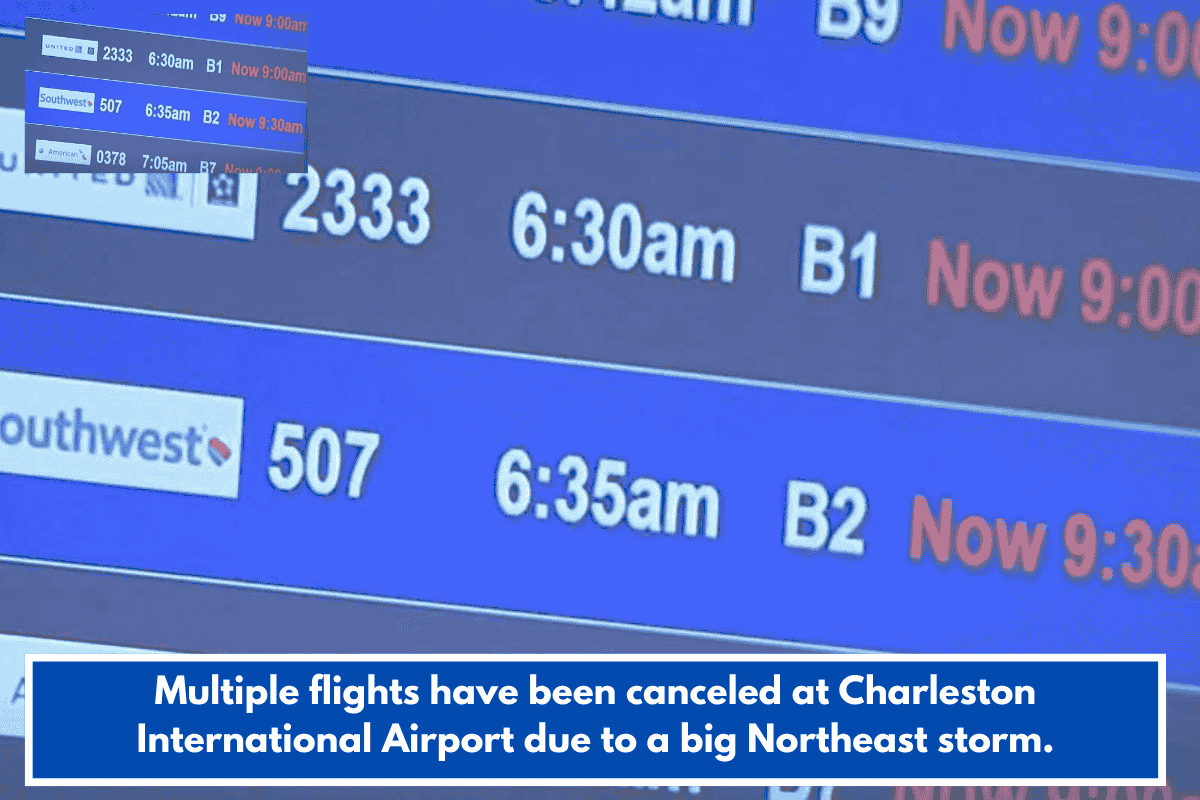Dash cams, or dashboard cameras, have become an essential gadget for many drivers. They record everything happening on the road and can be incredibly useful in case of an accident or dispute. In California, as with many other states, there are rules and regulations governing the use of dash cams. If you’re thinking about installing one in your car, it’s important to understand the laws around using dash cams to avoid legal trouble. This article will break down the key regulations and what you need to know about dash cam usage in California.
Are Dash Cams Legal in California?
Yes, dash cams are legal to use in California. They can be a valuable tool for recording road events, providing crucial evidence in case of accidents, or when dealing with insurance claims. However, while dash cams are allowed, there are some rules you need to keep in mind to ensure you’re not violating any laws.
Privacy Concerns and Recording Laws
In California, one of the main concerns around dash cams is privacy. California is a two-party consent state when it comes to recording conversations. This means that if your dash cam is recording audio, you must have the consent of everyone being recorded. If your camera picks up conversations between people in the car or from the outside, you could be violating privacy laws.
If you are recording audio along with video, it is advisable to inform passengers in your car that they may be recorded. Many dash cams also have the option to turn off audio recording, which can help you avoid running into legal issues.
Placement of Dash Cams
When it comes to where you place the dash cam, California has some specific rules. It is illegal to obstruct the view of the driver. Dash cams should not be placed where they can block the driver’s view of the road, such as on the windshield directly in front of the driver. Dash cams are usually mounted on the windshield behind the rearview mirror, which is typically allowed as long as it doesn’t interfere with the driver’s line of sight.
Placing the camera on the dashboard or anywhere else that could block visibility may result in a citation. So, it’s important to ensure the camera is placed in a position that won’t get you into trouble.
Using Dash Cam Footage in Court
Dash cams can be useful in court cases, especially when you need evidence to support your version of events. In California, dash cam footage is generally admissible as evidence in court, but there are certain conditions. The footage must be clear, unaltered, and come from a reliable source. This means that if you’re planning to use footage from your dash cam as evidence, make sure the device is working properly and the footage hasn’t been tampered with.
Additionally, the footage should be relevant to the case at hand. For example, if you’re involved in a car accident and your dash cam recorded the incident, it can be used to prove who was at fault. However, dash cam footage might not be enough on its own to win a case, as it must be evaluated along with other evidence.
California’s Laws on Speeding and Dash Cam Use
If you’re using your dash cam to monitor speed or other driving habits, keep in mind that California has strict laws when it comes to speeding. Even if your dash cam shows a driver speeding, this footage cannot be used as the sole evidence for a speeding ticket. Law enforcement will typically rely on their own measurements and equipment to issue speeding tickets, not dash cam footage.
However, if the dash cam footage is used to help prove a point during an investigation or court case, it could still be valuable. But, you should never rely solely on a dash cam to record speed or enforce traffic laws.
Using a dash cam in California can be very helpful, especially when you need proof of what happened during an incident on the road. However, it’s crucial to follow the laws regarding privacy, camera placement, and how footage is used. Always ensure that your dash cam is mounted in a way that doesn’t obstruct your view of the road, and be mindful of the rules around recording audio. With the right precautions, a dash cam can be a great tool to help protect you and your rights while driving in California.
SOURCES
[1] https://la.legal/the-legality-of-dash-cams-in-california/
[2] https://traxxisgps.com/california-dash-cam-laws/
[3] https://www.injury-attorneys.com/sacramento-car-accident-lawyers/california-dash-cam-laws/
[4] https://sorenacaraudio.com/dashcam-laws-in-california-what-you-need-to-know/
[5] https://www.napolinlaw.com/the-admissibility-of-dash-cam-footage-in-california/














